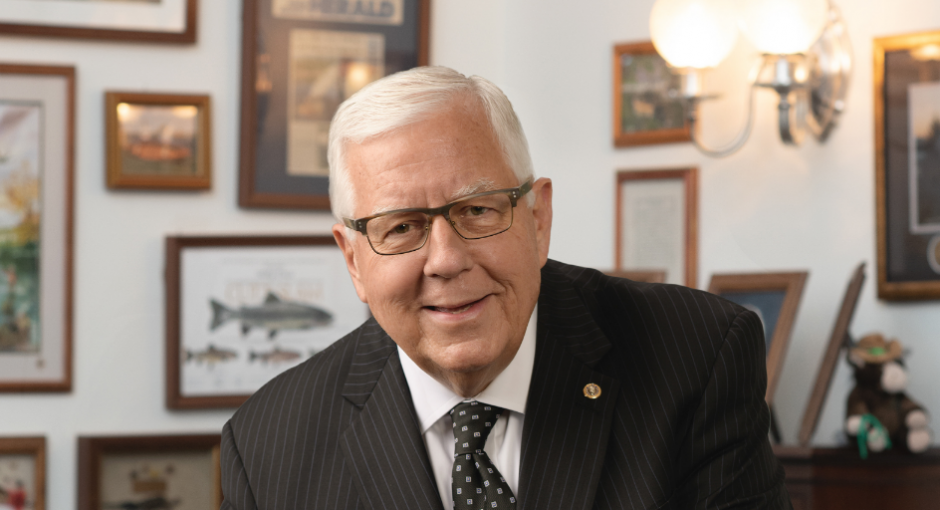Retired U.S. Sen. Mike Enzi (R-Wy.), who co-led inquiries into stewardship of the 340B program while in Congress, died on Monday after being injured in a bicycle accident in his hometown of Gillette, Wyo. He was 77.
Enzi was a member of the Health, Education, Labor, and Pensions (HELP) Committee, the Senate panel with jurisdiction over the 340B program, during all four of his terms (1997-2021). He served as its chair (2005-2007) and ranking member (2008-2013). He also served on the Senate Finance Committee (2009-2021) and its Health Care Subcommittee (2009-2017). The Finance Committee has jurisdiction over Medicare, Medicaid, and the Children’s Health Insurance Program.
Enzi supported Republican-led, drug-industry-friendly congressional investigations of 340B almost a decade ago led by Sen. Chuck Grassley’s (R-Iowa) staff.
In 2012, Grassley, Sen. Orrin Hatch (R-Utah), Enzi, and Rep. Joe Pitts (R-Pa.) sent a letter to hospital group 340B Health (then called Safety Net Hospitals for Pharmaceutical Access, SNHPA) requesting its documents on a host of 340B-related matters, including the 340B patient definition, hospital outpatient site 340B eligibility, 340B inventory replenishment models, 340B’s interplay with accountable care organizations, materials related to SNHPA’s hosting of the 340B Coalition summer and winter conferences, and all of SNHPA’s members-only 340B materials.
The four lawmakers at the same time asked Apexus, the 340B prime vendor, for documents about the 340B patient definition, any concerns about covered entity drug diversion or program misuse Apexus shared with the Health Resources and Services Administration (HRSA), and documents provided to Apexus’ 340B University participants. The lawmakers also asked Pharmaceutical Research and Manufacturers of America (PhRMA) and Biotechnology Industry Organization (BIO) for any evidence they had of 340B drug diversion and program misuse, including hoarding by covered entities of drugs in short supply.
Critics of the effort described it as a fishing expedition intended to help the pharmaceutical industry. The lawmakers never issued a report or findings.
In 2013, Grassley, Hatch, Enzi, Pitts, and then Rep. (now Sen.) Bill Cassidy (R-La.) asked HRSA for details about its audits of 340B covered entities, its recertification and decertification of 340B covered entity eligibility, and HRSA’s plans to recoup any discounts entities received while ineligible.
When HRSA audits entities and finds ineligible 340B purchases, it requires the entities to repay manufacturers. When it audits manufacturers and finds that 340B discounts weren’t provided, it requires repayments to entities for overcharges.


